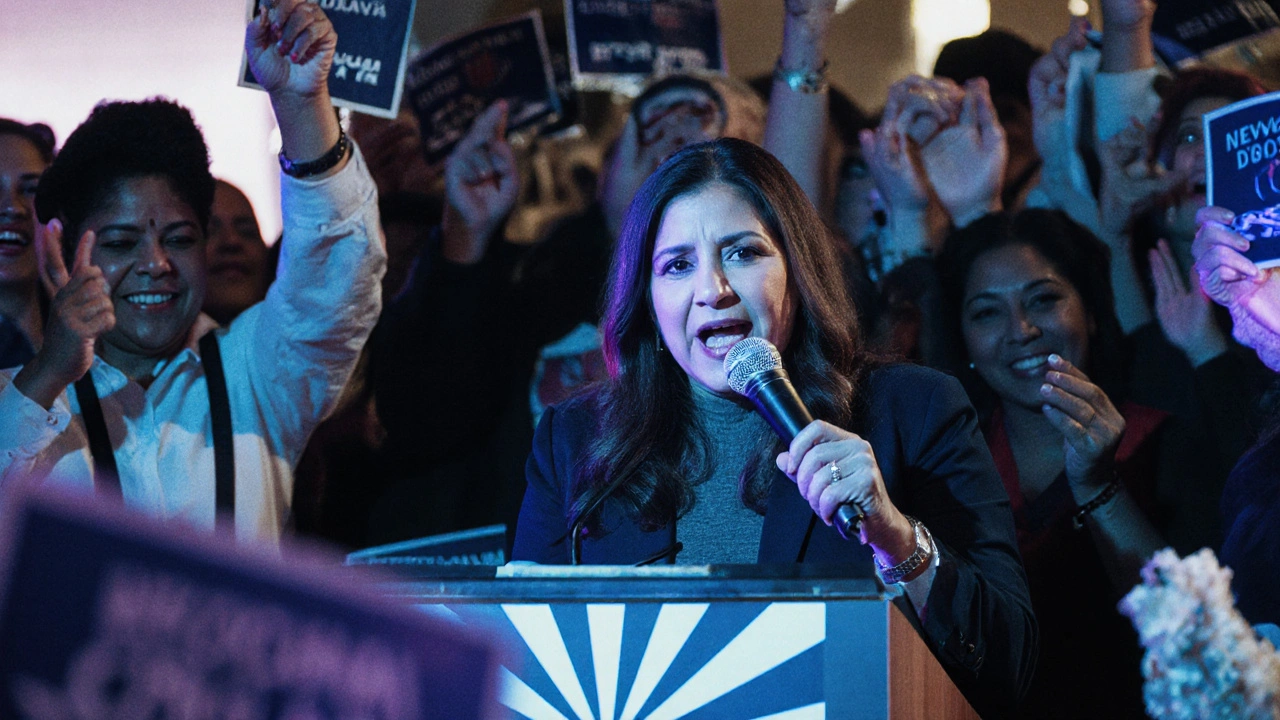If you live in Arizona or follow U.S. politics, the word "special election" has probably popped up a lot lately. Unlike a regular November vote, a special election is called to fill a seat that becomes empty before the term ends. In Arizona, this could be a congressional seat, a state Senate position, or even a local office. The tight timeline means campaigns hustle and voters need clear info fast.
Why does Arizona get a special election now? The most recent trigger was the resignation of a federal representative who accepted a private sector job. State law says the governor must set a date within 90 days, so the ballot lands in the spring. That short window squeezes candidates into rapid fundraising and voter outreach, and it can swing the balance of power in Congress.
At the top of the list is the U.S. House seat for Arizona’s 2nd district. The Democratic hopeful, Maya Ortiz, is banking on her work in community health, while the Republican contender, Jake Morgan, focuses on border security and tax cuts. Both have poured money into ads and are touring the district daily. A second contest involves a state Senate vacancy in Phoenix, where progressive activist Lena Cruz faces a moderate businesswoman, Tom Patel.
Each candidate has a distinct message, but there are three issues that keep coming up: immigration policy, water scarcity, and the economy. Voters who care about jobs in the tech sector are watching how each candidate plans to attract new businesses. Those worried about water are looking for concrete plans to protect the Colorado River.
Getting the latest numbers is easier than ever. Most local TV stations post live tallies on their websites, and the Arizona Secretary of State’s portal offers a searchable results page. If you prefer social media, follow the official @AZElection account on Twitter for minute‑by‑minute updates. Signing up for email alerts from major news outlets also guarantees you’ll see the winner as soon as the count is certified.
Remember, early results can be misleading because some counties report slower than others. Rural areas often finish after the big‑city precincts, so a lead in the first hour isn’t a guarantee. Keep an eye on the overall vote share, not just the headline numbers.
For those who can’t get to the polls on Election Day, absentee voting is still an option. Arizona allows mail‑in ballots up until the day before the election, and you can request one online. Make sure your ballot arrives on time by checking the deadline on the state website.
Why does this election matter beyond Arizona? If the House seat flips, it could affect the balance of power in Washington. In a tight Congress, a single seat can determine who gets to pick committee chairs or push forward major legislation. The state Senate race also matters because it can shift the direction of Arizona’s budget and education policy.
Bottom line: stay informed, watch the live counts, and if you’re eligible, cast your vote early. Whether you care about national politics or just the issues that affect your city, this special election will shape the next few years in Arizona. Keep this page bookmarked for the latest updates and deeper analysis as the results roll in.
Posted by
Siseko Tapile
17 Comments

On September 23, 2025, Democrat Adelita Grijalva won Arizona's 7th District special election, becoming the state's first Latina in Congress. She succeeded her late father, Raúl Grijalva, and defeated Republican contractor Daniel Butierez. The win narrows the GOP House majority to 219‑214 and places her on a 15‑month stint before the next term.
read more